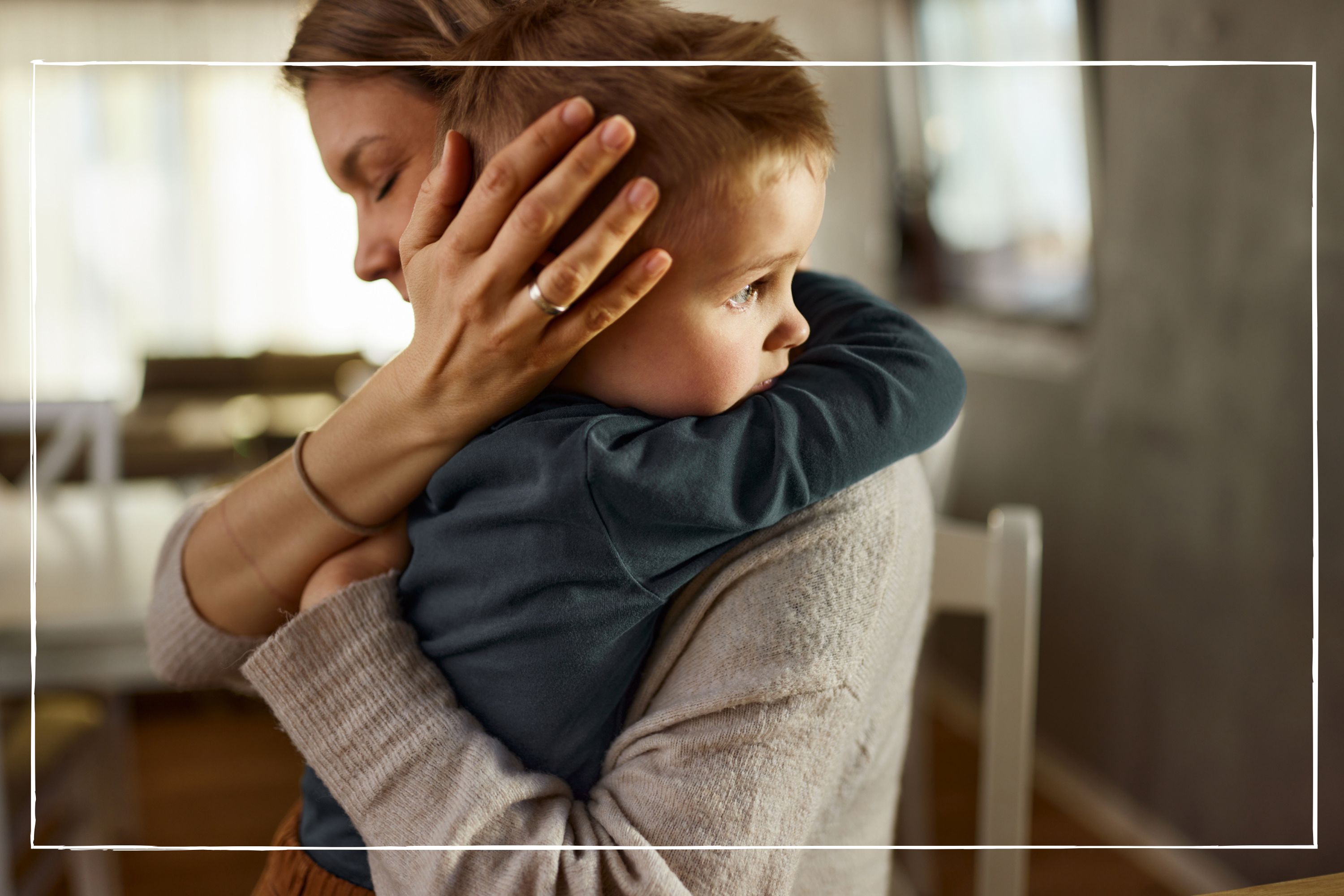
A recent survey has highlighted the devastating impact the two child benefit cap has on families, with parents saying the policy causes 'direct harm'.
Parents know the cost of raising a child is significant, and it's made worse by rising average childcare costs. Lots of families rely on support from the government, in the form of child benefit, child tax credits and the childcare portion of Universal Credit, in order to make ends meet. But since the two-child benefit cap was introduced in 2017, many families are being pushed into poverty as they try to deal with rising costs.
Official figures, released last week, show that more children are being negatively impacted by the policy - in April 2024, 1.6 million children were living in impacted households - this equates to one in every nine children. This figure was 1.5 million (one in 10) in April 2023. The two-child benefit cap was introduced by former Chancellor George Osbourne in April 2017 as a measure to reduce welfare spending. It prevents parents from being able to claim child tax credits or Universal Credit for any third or subsequent child born after April 2017. This means that those families miss out on up to £3,455 per year per child, compared to those whose children were born before April 2017. According to the data, 59% of families affected by the policy have at least one parent working.
If you are struggling with the impact of the two child benefit cap, then you are not alone. If you need someone to talk to, you can call The Samaritans for free from any phone on 116 123.
Responding to a survey by Child Poverty Action Group (CPAG), parents have reported the direct harm this policy has on their children and family life. Almost half (45 per cent) of respondents said they struggle to pay their rent or mortgage because of the policy. A similar proportion (46 per cent) struggle to manage high childcare costs. Almost all (93 per cent) said the policy has affected their ability to pay for food, while 82 per cent said it meant they struggle to cover gas or electricity bills.
Abolishing the two-child limit could lift 300,000 children out of poverty and mean 700,000 children are in less deep poverty, making a significant difference to the lives of over a million children. It is estimated that this would cost the government £1.7 billion.
Chief Executive of Child Poverty Action Group Alison Garnham urges the Prime Minister to act now, saying: “Children are losing their life chances to the two-child limit now – they can’t wait for the new government to align every star before the policy is scrapped. The PM came to office pledging a bold, ambitious child poverty-reduction plan and there’s no way to deliver on that promise without scrapping the two-child limit, and fast. This is not the time for procrastination or prevarication - the futures of 1.6 million children are on the line.”
Parents on the impact of the two child benefit cap
In response to the survey, a number of parents laid bear the heartbreaking struggles they face as they are impacted by the two-child benefit cap. One single parent, who works full-time and has four children says: ‘One of my children was on a pathway to play under 14’s England netball team but had to stop, I just couldn’t pay monthly fees and take them to training and games.’
My worry over feeding my family is the first thing I think about every morning, and I can feel this effecting my mental health
Another parent, who works full-time and has three children says: ‘My 12 year old has been off school for over one and half weeks as he doesn’t have the shoes he needs – he ripped his school shoes and went in in a pair of black trainers, but the school refused to keep him in as the trainers didn’t meet the standard. The school said that if he stays in, he’ll be in isolation all day. So, I’m keeping him at home for now. I’m not able to buy a new pair before my next UC [universal credit] payment at the end of the month. My son is embarrassed for not being able to go to school and wasn’t even able to tell his friends why he was off school, he just said we’ve issues at the moment… I’m worried about the knock-on effect on his wellbeing.’
A mum of three, who is currently on maternity leave adds: "My third child – now 6 months old - is more clingy than her siblings as she doesn’t go to groups and places, I took her to a baby playgroup once.... With my older kids we’re up and down in baby classes, playdates with other kids and now I don’t go as I have no money."
"I’ve worked all my life and mostly full-time and now when I need help, I only get support for my two kids and not four. Does it mean that my younger two children don’t matter? And the more I work on UC, the less UC I get, you just can’t win," says another parent who has four children and works part-time.
A couple who work, and have four children also added how the worry affects their mental health, as well as the health and wellbeing of their kids, saying: "My worry over feeding my family is the first thing I think about every morning, and I can feel this effecting my mental health and my ability to perform well at university and work which I am doing to better my family. My days are starting to feel more and more hopeless, it’s a strain on my relationship with my partner."
You might also be interested in reading about the motherhood penalty, whether it's financially worth returning to work after having a baby, and whether you qualify for help with childcare costs.







